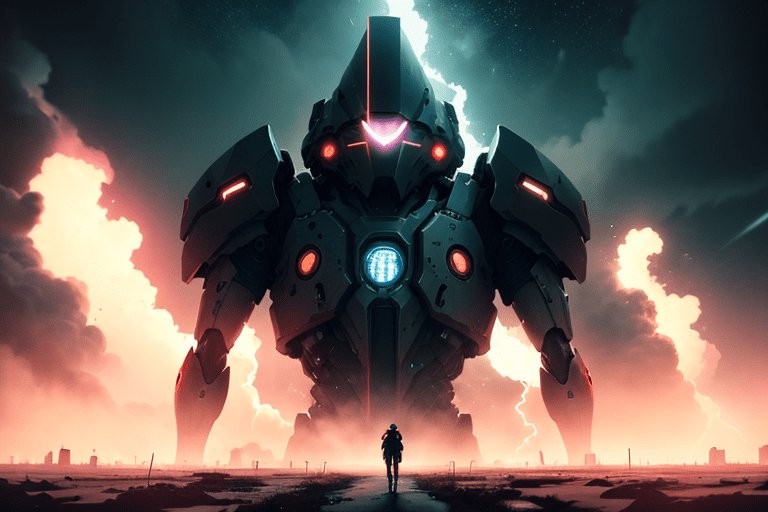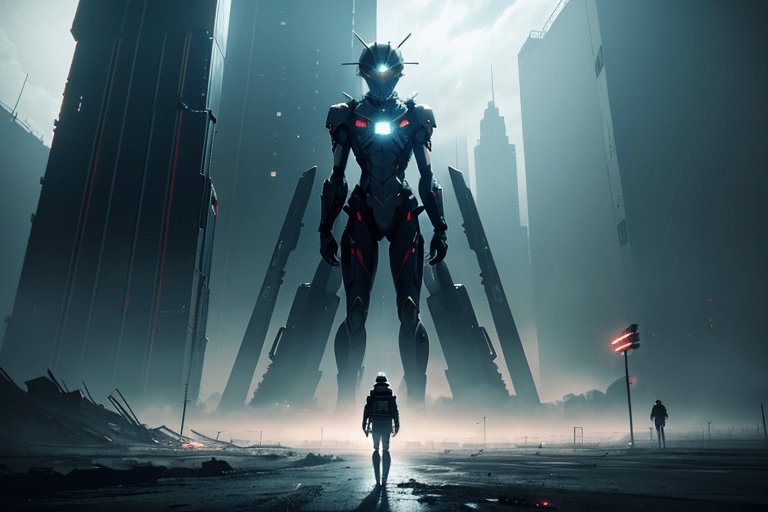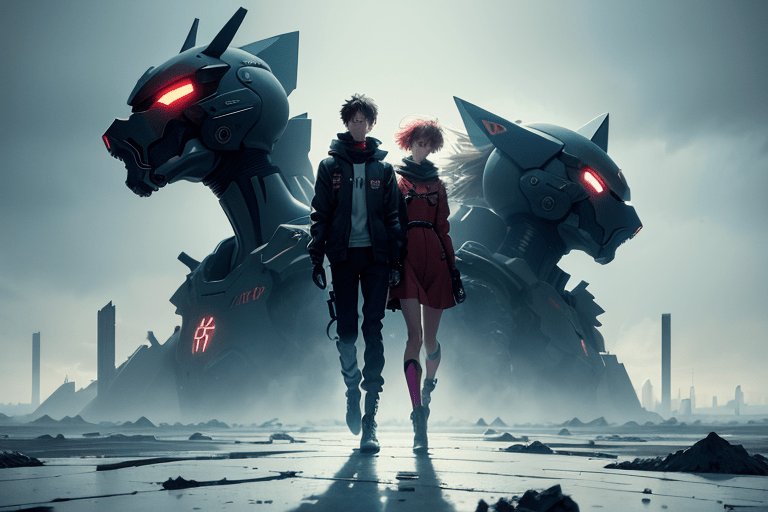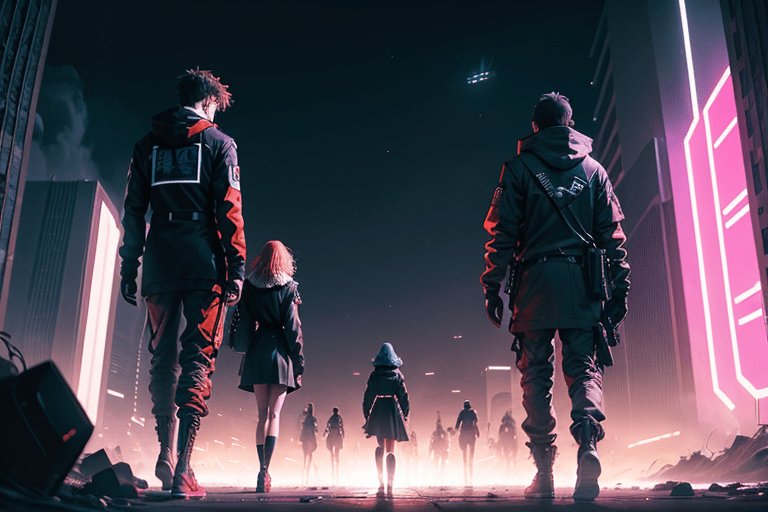Neon Genesis Evangelion and the Relationship Between the Individual and Society

Neon Genesis Evangelion is a highly acclaimed anime series that explores complex themes such as human identity, individuality, and the relationship between the individual and society. The show follows the story of a young boy named Shinji Ikari, who is recruited by his father to pilot a giant robot, known as an Evangelion, to fight against mysterious beings called Angels.
Throughout the series, Shinji struggles with his identity and the role he is expected to play in society as a pilot of an Evangelion. He often questions the purpose of his existence and his worth as an individual. These themes are not unique to the show, but the way in which they are presented is what makes Neon Genesis Evangelion stand out.
One of the main themes of the show is the relationship between the individual and society. The series depicts a dystopian future where society has become highly organized and hierarchical. The organization that recruits Shinji, known as NERV, is a powerful military institution that controls the Evangelions and their pilots. The organization is run by Shinji’s father, Gendo Ikari, who is cold and calculating and shows little regard for the well-being of his son.

Shinji’s relationship with his father is a reflection of the larger societal structure in which he lives. The society in which he exists is one that values conformity and obedience over individuality and personal expression. This is reflected in the way that Shinji is treated by the people around him. He is often criticized for his lack of confidence and his emotional vulnerability, traits that are not valued in the society in which he lives.
The show also explores the concept of the “Other,” or the outsider who is seen as different and not part of the dominant group. This is exemplified by the character of Rei Ayanami, who is another pilot of an Evangelion. Rei is quiet and reserved, and she is often viewed as an outsider by the other characters in the show. She is also depicted as a clone, which further emphasizes her status as an outsider.
The show suggests that society often marginalizes those who are different or do not conform to its norms. It also suggests that this marginalization can lead to feelings of isolation and a sense of not belonging. This is evident in the way that Shinji and Rei struggle with their own sense of identity and purpose.

Neon Genesis Evangelion is a complex and thought-provoking show that explores the intricate relationship between the individual and society. The series presents a dystopian future where society has become highly organized and hierarchical, and conformity and obedience are valued over individuality and personal expression. This societal structure is reflected in the way the protagonist Shinji Ikari is treated by the people around him, particularly his father, who runs the powerful military institution NERV that controls the Evangelions and their pilots.
Shinji struggles with his identity and his role in society, questioning his worth as an individual and the purpose of his existence. His relationship with his father serves as a microcosm of the larger societal structure in which he lives. This structure marginalizes those who are seen as different or do not conform to its norms, as exemplified by the character of Rei Ayanami, another Evangelion pilot who is often viewed as an outsider by the other characters.
The concept of the “collective unconscious” is also explored in the show, suggesting that there are shared patterns of thought and behavior that exist within a society, and the individual is connected to it in a profound way. The Evangelions themselves are depicted as being connected to this collective unconscious, and their pilots are required to synchronize with them in order to control them.

However, the show also suggests that the individual has agency and the ability to shape their own destiny. Both Shinji and Rei ultimately make choices that challenge societal norms and expectations placed upon them, highlighting their agency as individuals. This struggle between individuality and societal pressure is a central theme throughout the series, and it is explored with depth and complexity.
Neon Genesis Evangelion is a masterful exploration of the complex relationship between the individual and society. Through its nuanced characters, intricate plot, and thought-provoking themes, the show challenges us to question our own relationship with society and our place within it. It is a show that demands careful analysis and deep contemplation, and one that will leave a lasting impression on all who watch it.







